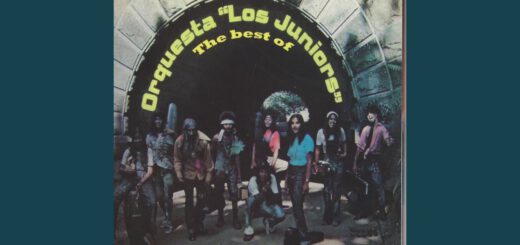History and Origins of Pole Dancing
This has been around a lot longer than many of us would think, but how did pole dancing originate and where did come from? The form of pole dance we know today and its origins can be traced back to exotic performance dance arts.
The first recorded striptease dates back to a myth from ancient Sumerian times involving Inanna, the Goddess of Love, and her descent into the underworld to find her lover Damouz. At each of the seven gates, she removed an article of clothing or a piece of jewellery. As long as Inanna remained in hell, the earth was barren. When she returned, the earth again became abundant and fruitful. Some believe this myth evolved in the ‘Dance of the Seven Veils’ of Salome from the bible.
The bible records Salome’s dance but the first mention of removing veils rises from Oscar Wilde’s play of ‘Salome’ in 1883. Some have claimed this to be the origin of modern striptease, but other influences may have come from Parisian times and the Moulin Rouge striptease through to Middle Eastern belly dancing and American burlesque.
Today many women learn the arts of Belly Dancing and dancing with Veils. Belly Dancing has been carried over from these legendary events. The skill have traveled from ancient Sumeria and into the Asia counties. It is understood to have been picked up by the gypsies who brought Belly Dancing through Europe.
The ancient Middle Eastern belly dance was thought to induce fertility in women and to strengthen their bodies in preparation for childbirth.
Throughout history there have been many forms of dance emerging. Many formed from sensual roots and bringing with them much controversy.
Another sensual form of dance, Rumba, is a dance of enticement and teasing. The tango originated in brothels of ancient Argentina. ‘Gouchos’ would arrive after working in the fields and the girls would entice them into going upstairs through dancing with their heads turned slightly to avoid the smell.
In the early 1900s the strip tease dance was added to burlesques shows to entice men to return. These featured famous strippers including Gypsy Lee Rose. Traveling tent shows had strip tease acts. The smaller tent dancers started to use the pole in the tent’s centre to dance around. These tents became known as the dance pole tents.
Another idea of where pole dance actually started is linked to the Maypole. This Pagan ritual was seen by some as a phallic symbol which may explain why some link it to the pole dancing we know now.
The earliest recorded pole dance was in 1968 with a performance by Belle Jangles at Mugwump strip joint in Oregon.
Today’s pole dancing craze is believed to have started in Canada in the 1980’s in exotic table dancing and lap dance clubs. Fawnia Mondey, originally from Canada, is one of the worlds first pole dancing champions. During the 1990’s Fawnia started teaching pole dancing to every day women. She produced the very first instructional pole dancing DVD.
Pole dancing quickly spread to the US followed by the rest of the world, helped by multi corporations such as Spearmint Rhino. Pole dancing is recognized throughout the world including Europe, Australia and even parts of China.
Lap dancing clubs in the UK grew in 1990’s featuring pole dancing on stage. Since 2000 onwards pole dancing has become more acceptable by the general public.
Pole dancing as we know it today involves dancing around a vertical pole. The old ancient strip tease became a forerunner to the modern updated variation. Pole dancing provides a display of acrobatics and strength, combined with a combination of sensual, flowing, feminine dance movements to form the art of pole dancing we now know and recognize.
The modern form of pole dancing has only been documented since the 1980’s, yet the origins appear to go back many years prior to this. Only in recent years has pole dancing become more acceptable. The stigma attached to this art may be one of the reasons why the dance appears to have little history documented and appears to have been ‘underground’ for many years.
























